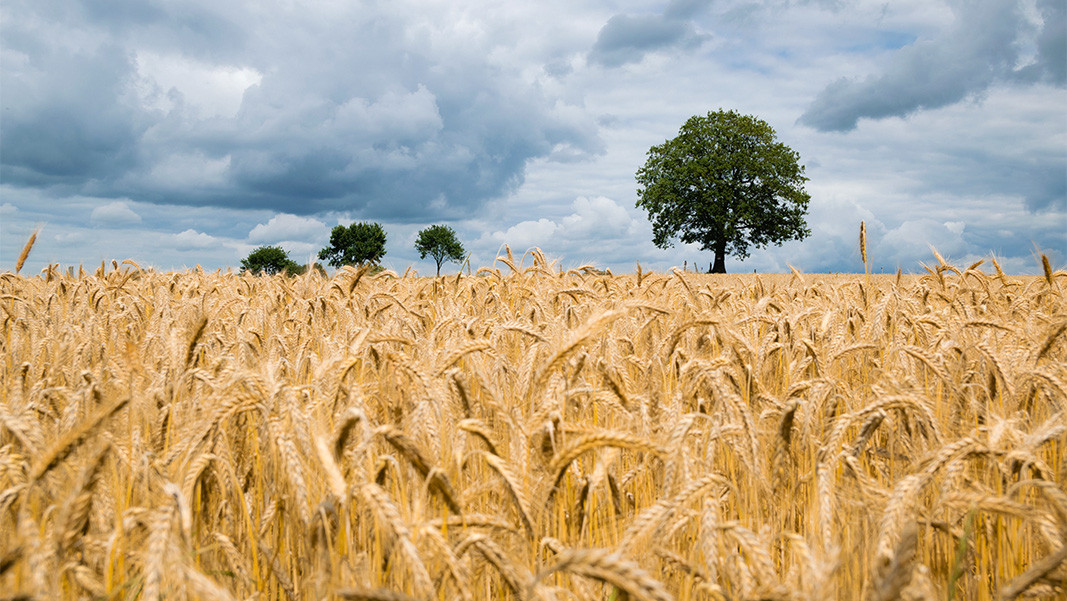Today, the Bulgarian Orthodox Church celebrates the Day of the Holy Apostles Peter and Paul, known among Bulgarians as Petrovden. St. Peter's birth name was Simon and he was an ordinary fisherman from Galilee. After becoming one of the first disciples of Jesus, he received the name Peter. Saul (Savel) was a Jewish preacher and Roman citizen from Tarsus in Cilicia and was originally among the fierce persecutors of Christ's disciples. During a storm on the road to Damascus, Jesus appeared to him in bright light and Saul converted to Christianity, becoming Paul and spreading the religion in Asia Minor and the Balkans. Both apostles died in martyrdom on the same date - June 29 during the reign of Emperor Nero (64-68 AD).

Petrovden is a particularly important holiday in Bulgarian traditions. The holiday coincides with the beginning of summer and the height of the harvest season. According to Bulgarian folklore, the two apostles were brothers. St. Peter strictly guards the gates of Heaven and lets only the righteous souls in, while St. Paul is just and nice. According to folk legends, St. Peter was so strict that he did not allow even his own mother into Heaven because she was an evil woman. The holidays of St Peter and St. Paul follow one after the other. On June 30 Bulgarians celebrate St. Paul's Day, as the tradition exists in the region of Dobrudzha, in Eastern Bulgaria and the Rhodope region.

For the residents of the village of Teshovo, located on the southern slopes of the Pirin Mountain, the day of the Apostles Peter and Paul is much more special this year as the renovation of the chapel on the peak of "St. Peter” had been completed before the eve of the holiday. On Petrovden the local residents will hold a traditional tour across the village and a prayer for fertility and rain will be held. Finally, a liturgy will be served and festive meals will be served to believers.
On this day craftsmen in Bulgaria celebrate, as well as people named Peter or Pavel.
Editor: Darian Grigorova
English: Alexander Markov
Photos: library, Facebook /@teshovoThe fighting for Sofia within the framework of the Russo-Turkish War (1877-1878) began on December 25, 1877. On January 3, 1878, the city's commandant Osman Nuri Pasha began to withdraw from Sofia. His plans to set the city on fire were thwarted..
In its latest digital section “Buildings Tell a Story”, the Regional History Museum – Sofia presents the stories of iconic buildings in the center of the Bulgarian capital city, as well as of the people who once lived in them. The video initiative..
T he Supreme Court of Cassation has given final judgement that the Bulgarian Orthodox Old Calendar Church must be registered in the register of religious denominations. This isthe first time a second Orthodox church will be registered, the..

+359 2 9336 661
